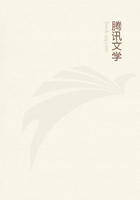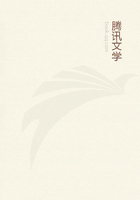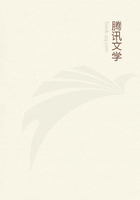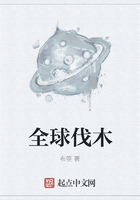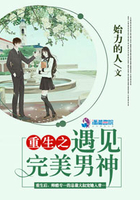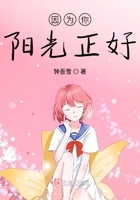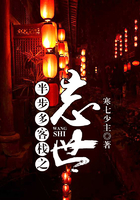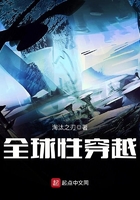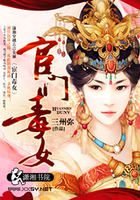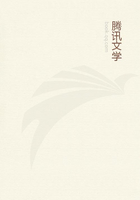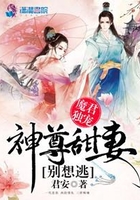Egypt became a centre from which civilization spread to the other peoples of the Mediterranean. For long centuries, to be learned in all the wisdom of the Egyptians meant the possession of all knowledge. We must come to the land of the Nile for the origin of many of man's most distinctive and highly cherished beliefs. Not only is there a magnificent material civilization, but in records so marvellously preserved in stone we may see, as in a glass, here clearly, there darkly, the picture of man's search after righteousness, the earliest impressions of his moral awakening, the beginnings of the strife in which he has always been engaged for social justice and for the recognition of the rights of the individual. But above all, earlier and more strongly than in any other people, was developed the faith that looked through death, to which, to this day, the noblest of their monuments bear an enduring testimony. With all this, it is not surprising to find a growth in the knowledge of practical medicine; but Egyptian civilization illustrates how crude and primitive may remain a knowledge of disease when conditioned by erroneous views of its nature. At first, the priest and physician were identified, and medicine never became fully dissociated from religion. Only in the later periods did a special group of physicians arise who were not members of priestly colleges.[6] Maspero states that the Egyptians believed that disease and death were not natural and inevitable, but caused by some malign influence which could use any agency, natural or invisible, and very often belonged to the invisible world. "Often, though, it belongs to the invisible world, and only reveals itself by the malignity of its attacks: it is a god, a spirit, the soul of a dead man, that has cunningly entered a living person, or that throws itself upon him with irresistible violence. Once in possession of the body, the evil influence breaks the bones, sucks out the marrow, drinks the blood, gnaws the intestines and the heart and devours the flesh.
The invalid perishes according to the progress of this destructive work; and death speedily ensues, unless the evil genius can be driven out of it before it has committed irreparable damage. Whoever treats a sick person has therefore two equally important duties to perform. He must first discover the nature of the spirit in possession, and, if necessary, its name, and then attack it, drive it out, or even destroy it. He can only succeed by powerful magic, so he must be an expert in reciting incantations, and skilful in making amulets. He must then use medicine [drugs and diet] to contend with the disorders which the presence of the strange being has produced in the body."[6]
[5] Maspero: Life in Ancient Egypt and Assyria, London, 1891, p. 119.
[6] Maspero: Life in Ancient Egypt and Assyria, London, 1891, p. 118.
[7] W. Wreszinski: Die Medizin der alten Aegypter, Leipzig, J. C. Hinrichs, 1909-1912.
In this way it came about that diseases were believed to be due to hostile spirits, or caused by the anger of a god, so that medicines, no matter how powerful, could only be expected to assuage the pain; but magic alone, incantations, spells and prayers, could remove the disease. Experience brought much of the wisdom we call empirical, and the records, extending for thousands of years, show that the Egyptians employed emetics, purgatives, enemata, diuretics, diaphoretics and even bleeding.
They had a rich pharmacopoeia derived from the animal, vegetable and mineral kingdoms. In the later periods, specialism reached a remarkable development, and Herodotus remarks that the country was full of physicians;--"One treats only the diseases of the eye, another those of the head, the teeth, the abdomen, or the internal organs."
Our knowledge of Egyptian medicine is derived largely from the remarkable papyri dealing specially with this subject. Of these, six or seven are of the first importance. The most famous is that discovered by Ebers, dating from about 1500 B.C. A superb document, one of the great treasures of the Leipzig Library, it is 20.23 metres long and 30 centimetres high and in a state of wonderful preservation. Others are the Kahun, Berlin, Hearst and British Museum papyri. All these have now been published--the last three quite recently, edited by Wreszinski.[7] I show here a reproduction from which an idea may be had of these remarkable documents. They are motley collections, filled with incantations, charms, magical formulae, symbols, prayers and prescriptions for all sorts of ailments. One is impressed by the richness of the pharmacopoeia, and the high development which the art of pharmacy must have attained. There were gargles, salves, snuffs, inhalations, suppositories, fumigations, enemata, poultices and plasters; and they knew the use of opium, hemlock, the copper salts, squills and castor oil. Surgery was not very highly developed, but the knife and actual cautery were freely used.
Ophthalmic surgery was practiced by specialists, and there are many prescriptions in the papyri for ophthalmia.
One department of Egyptian medicine reached a high stage of development, vis., hygiene. Cleanliness of the dwellings, of the cities and of the person was regulated by law, and the priests set a splendid example in their frequent ablutions, shaving of the entire body, and the spotless cleanliness of their clothing.
As Diodorus remarks, so evenly ordered was their whole manner of life that it was as if arranged by a learned physician rather than by a lawgiver.
Two world-wide modes of practice found their earliest illustration in ancient Egypt. Magic, the first of these, represented the attitude of primitive man to nature, and really was his religion. He had no idea of immutable laws, but regarded the world about him as changeable and fickle like himself, and "to make life go as he wished, he must be able to please and propitiate or to coerce these forces outside himself."[8]

